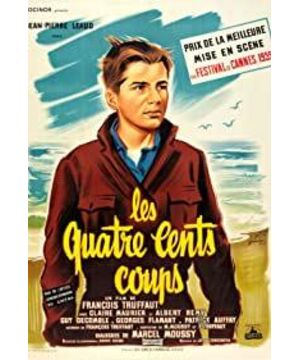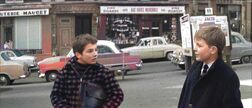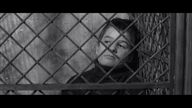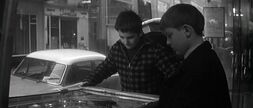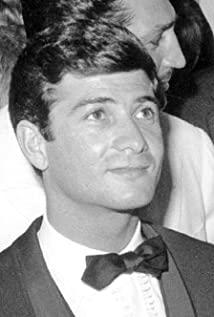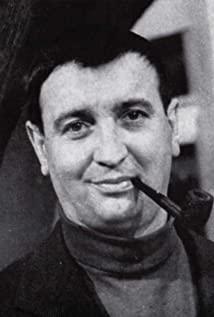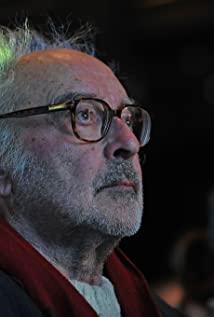View more about The 400 Blows reviews
The long mirror run that engraved history
Ollie 2022-03-23 09:01:54
-
Gilberte Doinel: My boss drove me home.
Julien Doinel: Your boss.
Gilberte Doinel: I couldn't very well refuse, could I?
Julien Doinel: I hope you get overtime for that.
Gilberte Doinel: I will, at the end of the month.
Julien Doinel: Those services are usually paid in cash.
Gilberte Doinel: Oh, knock it off!
Julien Doinel: No wonder madame needs to rest on Sunday. By the way, where's my Michelin guide?
Gilberte Doinel: How should I know? Ask the boy.
Julien Doinel: He said he didn't touch it.
Gilberte Doinel: He lies through his teeth.
Julien Doinel: Like someone else I know.
Gilberte Doinel: If you raised him better...
Julien Doinel: I gave him my name, damn it! I put food on the table!
Gilberte Doinel: I've had enough of your criticism! Fine! We'll send him to the Jesuits or the army orphans. At least I'd have some peace and quiet!
-
Antoine Doinel: [heard thinking aloud, as he is writing on a wall] "Here lies poor Antoine Doinel, unjustly punished by Sourpuss for a pinup fallen from the sky. It will be an eye for an eye, and a tooth for a tooth!"


